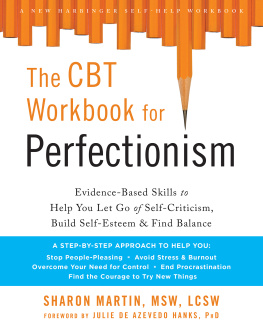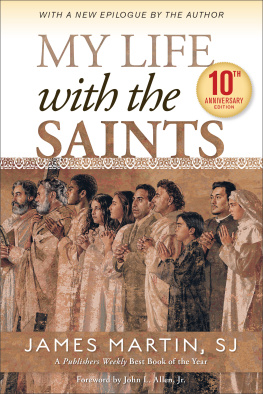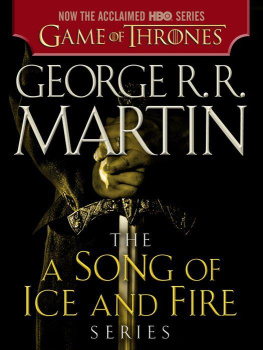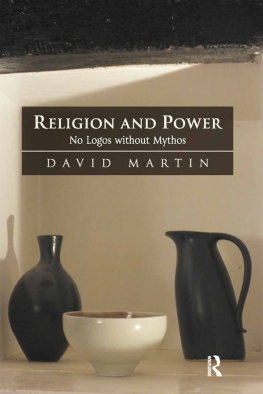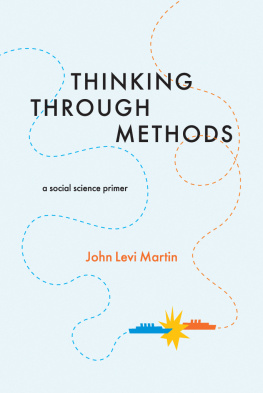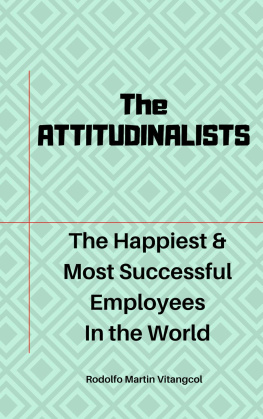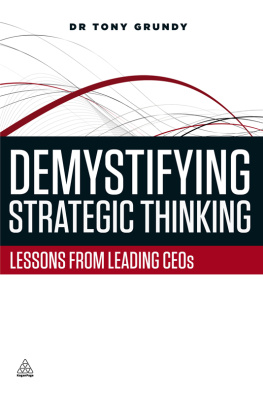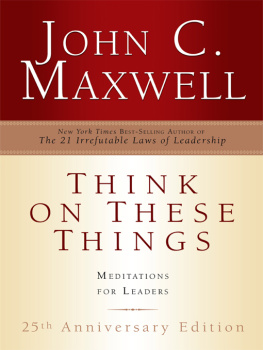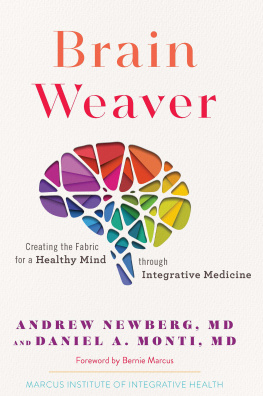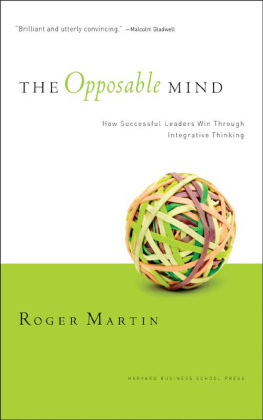Martin - The opposable mind: how successful leaders win through integrative thinking
Here you can read online Martin - The opposable mind: how successful leaders win through integrative thinking full text of the book (entire story) in english for free. Download pdf and epub, get meaning, cover and reviews about this ebook. City: Boston;Massachusetts, year: 2009;2007, publisher: Harvard Business School Publishing Corp (Perseus);Harvard Business School Press, genre: Politics. Description of the work, (preface) as well as reviews are available. Best literature library LitArk.com created for fans of good reading and offers a wide selection of genres:
Romance novel
Science fiction
Adventure
Detective
Science
History
Home and family
Prose
Art
Politics
Computer
Non-fiction
Religion
Business
Children
Humor
Choose a favorite category and find really read worthwhile books. Enjoy immersion in the world of imagination, feel the emotions of the characters or learn something new for yourself, make an fascinating discovery.

- Book:The opposable mind: how successful leaders win through integrative thinking
- Author:
- Publisher:Harvard Business School Publishing Corp (Perseus);Harvard Business School Press
- Genre:
- Year:2009;2007
- City:Boston;Massachusetts
- Rating:5 / 5
- Favourites:Add to favourites
- Your mark:
- 100
- 1
- 2
- 3
- 4
- 5
The opposable mind: how successful leaders win through integrative thinking: summary, description and annotation
We offer to read an annotation, description, summary or preface (depends on what the author of the book "The opposable mind: how successful leaders win through integrative thinking" wrote himself). If you haven't found the necessary information about the book — write in the comments, we will try to find it.
The opposable mind: how successful leaders win through integrative thinking — read online for free the complete book (whole text) full work
Below is the text of the book, divided by pages. System saving the place of the last page read, allows you to conveniently read the book "The opposable mind: how successful leaders win through integrative thinking" online for free, without having to search again every time where you left off. Put a bookmark, and you can go to the page where you finished reading at any time.
Font size:
Interval:
Bookmark:
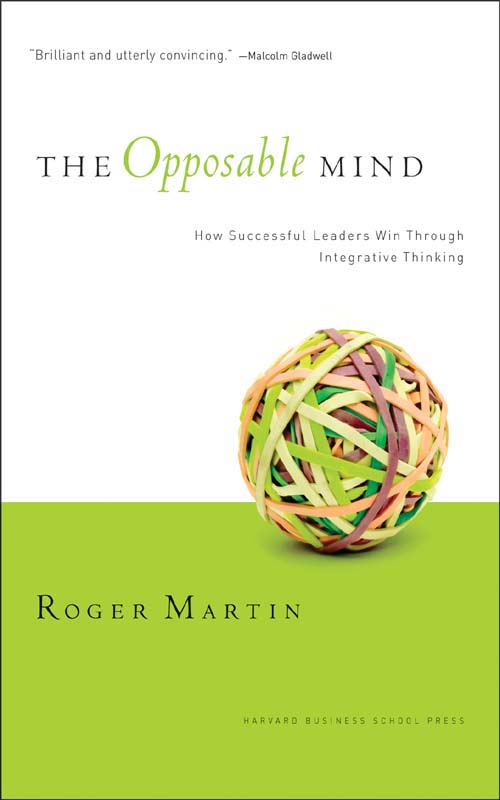
Copyright 2009 Roger Martin
All rights reserved
No part of this publication may be reproduced, stored in or introduced into a retrieval system, or transmitted, in any form, or by any means (electronic, mechanical, photocopying, recording, or otherwise), without the prior permission of the publisher. Requests for permission should be directed to permissions@hbsp.harvard.edu, or mailed to Permissions, Harvard Business School Publishing, 60 Harvard Way, Boston, Massachusetts 02163.
First eBook Edition: December 2007
ISBN: 978-1-4221-4810-5
This book is dedicated to
Marcel Desautels,
integrative thinking visionary.
I HAVE MANY FRIE NDS AND COLLEAGUES to thank for essential help on this book. First and foremost, I owe a huge intellectual debt of gratitude to my two closest thinking partners, Hilary Austen Johnson and Mihnea Moldoveanu, without whom I would not have been able to write this book.
I met Hilary in 1995 during the research for her dissertation at Stanford University (Hilary Austen Johnson, Artistry in Practice, 1998, available in the Stanford University Library) under James March and Elliot Eisner. She introduced me to Marchs work in organizational learning and Eisners in qualitative research, both of which played instrumental roles in the development of the book. Hilarys dissertation explored how a person develops artistic knowledge, and her framework underpins the entire second half of this book. In addition, my interview technique for the leaders in the book was influenced by the technique she developed for her dissertation. Finally, the first rudimentary idea behind the model in the first half of the book was sketched out on Hilarys porch in Santa Cruz, California, in 2001. I strongly recommend reading Hilarys recent article on artistry (Hilary Austen Johnson, Artistry for the Strategist, Journal of Business Strategy [volume 28, issue 4, 2007: 1321]).
I met Mihnea when he joined the faculty of the Rotman School in the summer of 1999, one year after I came to Rotman as dean, and he has been my primary thinking partner in the faculty ever since. In 2002, he became the academic director of the Desautels Centre for Integrative Thinking, which leads all of our integrative thinking research and teaching. He has introduced me to analytic philosophy and history of science, which has had a profound influence on my thinking. As perhaps the best-read person I know, Mihnea has the ability to connect my thinking to scholarly work I would have otherwise had no chance to discover, such as the writings of American fallibilist philosopher Charles Sanders Peirce, whose thinking features prominently in chapter 6. He has also been instrumental in developing the integrative thinking teaching program at the Rotman School that has enabled us to put our research work into action.
A core group of fellow travelers at the school has been nursing along the integrative thinking agenda and has provided continuous support on the development of the ideas in the book. Suzanne Spragge coteaches all of my integrative thinking courses and has supported the development of the thinking in the book. Jennifer Riel has been my research associate for the book. And Melanie Carr, who is a psychiatrist by training, has helped me think about the emotional challenges to building integrative thinking capacity.
Before I started writing the book in the summer of 2006, Malcolm Gladwell convened a talented group of writers and editors to give me advice. Writers Gladwell (Tipping Point and Blink) and James Surowiecki (The Wisdom of Crowds) and editors Henry Finder (New Yorker) and Bruce Headlam (New York Times) provided invaluable advice on structuring the book, and Bruce came up with the idea that became the eventual title (thank you, Bruce!). Malcolm and Bruce provided valuable follow-up feedback on manuscripts.
A dozen colleagues and friends read the manuscript for me and provided valuable written feedback for which I am hugely grateful. I sincerely thank Joel Baum, Brendan Calder, Petra Cooper, Nancy Lockhart, Terry Martin, Bob McDonald, Sally Osberg, Joe Rotman, David Smith, Lynn Utter, Larry Wasser, and Craig Wynett. My mentor, Rob Prichard, former president of the University of Toronto, gave me important advice on how to better utilize my huge stock of successful leader interviews, and for that I am grateful. A former student, Dave Eden, introduced me to a century-old Science article by Thomas Chamberlin that figured more prominently in the book than Dave ever imagined, I suspect.
My Rotman colleague Steve Arenburg was instrumental in organizing the visits of all the successful leaders to Rotman School. Though they are among the busiest men and women in the world, they all came away feeling that Steve had made their visits a pleasure and time well spent. Bob Fleck of Teamwork Communications expertly filmed the discussions to capture them for posterity. Karen Christensen, our brilliant Rotman Magazine editor, has helped me develop ways to describe integrative thinking in articles in the magazine since 1999.
I took a leave of absence during the summer of 2006 to focus on writing the first full manuscript of the book. I couldnt have done so without hurting the progress of the Rotman School, had it not been for the presence of the schools two fantastic vice deans, Jim Fisher and Peter Pauly, and CAO Mary-Ellen Yeomans, who ran the school in my place for the summer. I was slightly chagrined to find that I wasnt missed at all!
Jeff Kehoe, senior editor at Harvard Business School Press, and I had long talks before starting this book project and he encouraged me to bring this proposal to him. He has been a great publishing partner and has brought to bear the terrific team at HBSP to support the book.
When I turned to finding an editor to help me transform the initial manuscript into a final book, I thought back to my most pleasant collaborations with Harris Collingwood, who was the senior editor at Harvard Business Review who worked with me on my article, The Virtue Matrix: Calculating the Return on Corporate Responsibility (Harvard Business Review, March 2002). Harris has made wonderful improvements to everything about the book. Readers can be thankful that Harris makes words disappear without being missed! Someday, I would like to be able to write as well as him.
Last, but certainly not least, I thank my magnificent agent Tina Bennett. Tina represents everything an author would ever want in an agent. When she believes a book should be written, she will let nothing stand in the way of its publication. She supported this project from its inception and made sure it ended up at the right publisher with the requisite amount of attention. She was calm but determined throughout, regardless of how agitated I happened to be at the time. She is a true friend to whom I owe much of my publishing career to date.
I hope that you enjoy this book, and more importantly, that it helps you make the most of your personal potential for greatness. All the people mentioned above have contributed to that possibility, but only you can take the requisite actions. I hope that The Opposable Mind will motivate you to do so; if it does, I will have fulfilled a labor of love.
The Problem-Solving Power
of Integrative Thinking
F. Scott Fitzgerald
IT WAS SEPTEMBER 1999, and Michael Lee-Chin had a serious crisis on his handsthe worst crisis of his business career. Lee-Chin had presided over more than ten years of remarkable growth at his beloved money management firm, AIC Limited, but now AIC was under withering attack. Its very survival was in doubt. Things did indeed look hopeless, but Lee-Chin was absolutely determined to make them otherwise.
Font size:
Interval:
Bookmark:
Similar books «The opposable mind: how successful leaders win through integrative thinking»
Look at similar books to The opposable mind: how successful leaders win through integrative thinking. We have selected literature similar in name and meaning in the hope of providing readers with more options to find new, interesting, not yet read works.
Discussion, reviews of the book The opposable mind: how successful leaders win through integrative thinking and just readers' own opinions. Leave your comments, write what you think about the work, its meaning or the main characters. Specify what exactly you liked and what you didn't like, and why you think so.

